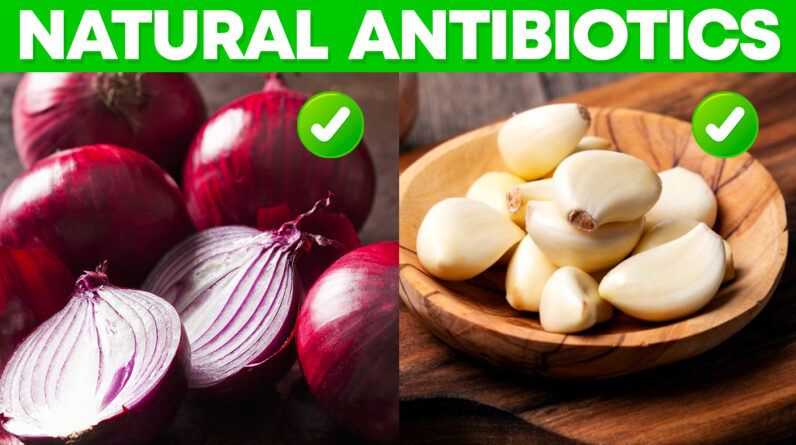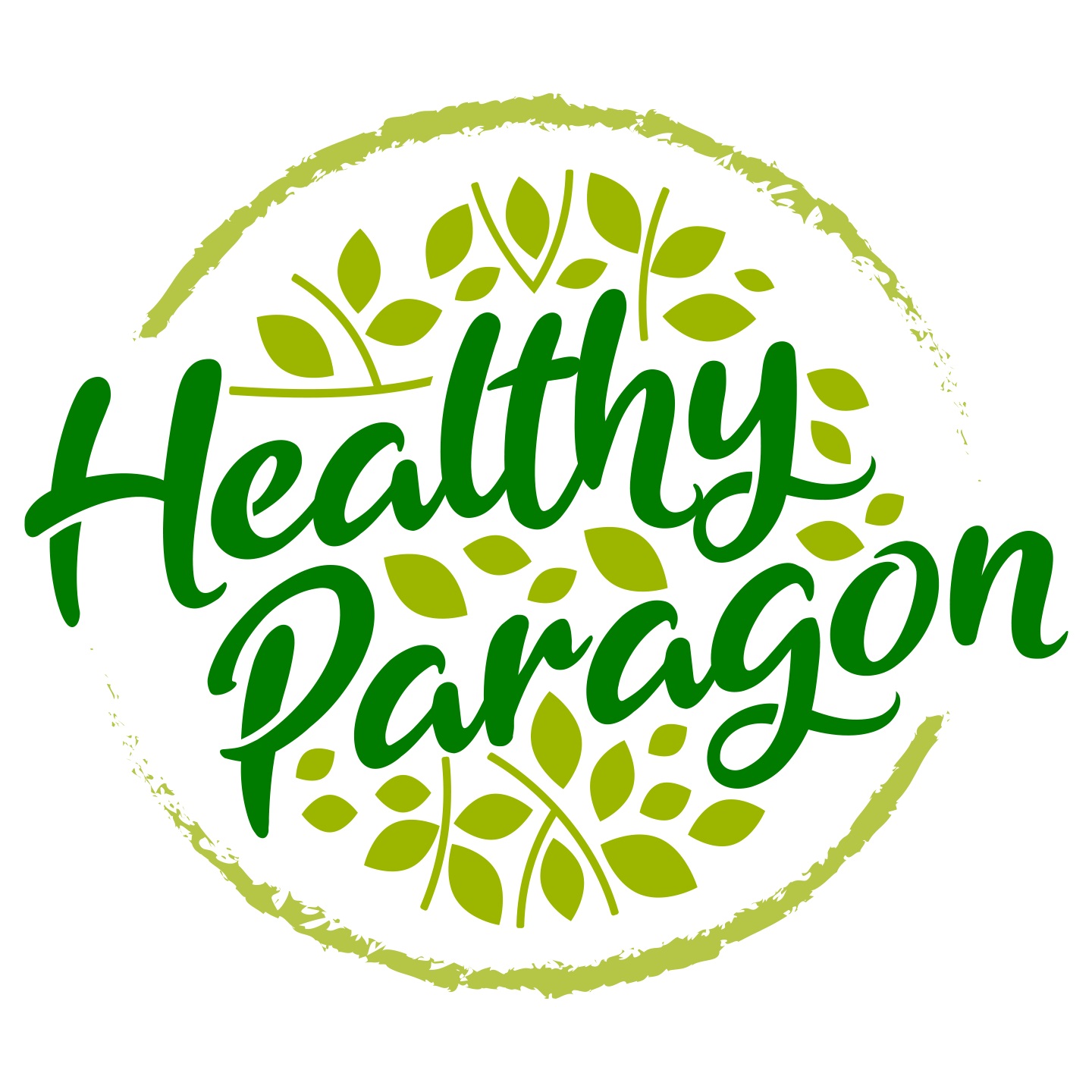
In today’s article, we’re going to be checking out the top ten best natural antibiotics available, some of them, even in your pantry. And without further ado, here they are:
#1 Honey
Honey has been used from the ancient past as a natural antibiotic. It was typically applied on wounds and cuts to facilitate healing as well as to treat and prevent infection.
Today, healthcare experts have found that honey is also quite effective in treating ulcers, wounds, bedsores, skin grafts, and burns.
Most experts say that honey gets its antibacterial powers from its hydrogen peroxide. But even manuka honey which does not contain high levels of hydrogen peroxide still proves very effective at fighting off bacteria, and that’s good enough for us, right?
In a study conducted in 2011, it was found that honey helps to fight and inhibit almost 60 different kinds of bacteria. The study also reveals that honey can be used to treat wounds that have been infected with methicillin-resistant Staphylococcus aureus (MRSA).
Besides being an effective natural antibiotic, another reason honey is great for wounds is because it coats wounds with a protective layer. This protective layer creates a moist environment on top of the wound which helps it heal faster.
#2 Garlic
You were definitely expecting garlic on the list and here it is. Garlic is not new on the natural antibiotic block. In 2011, for instance, it was proven that garlic concentrate works effectively in fighting off bacteria.
You can get garlic concentrate at any health food store near you. Or you could even make yours at home. It’s as simple as soaking a few cloves of garlic into olive oil. And did you know you can even apply garlic concentrate straight onto a wound? Yes, you can and it will cure it right up.
There are different ways to enjoy garlic besides taking it in the concentrate form. You can take a clove or two with your diet per day.
You can also enjoy it as an additive as well, if you prefer. Just ensure that you stick to the dosage recommended on the pack. Garlic tends to cause internal bleeding if you take too much of it.
Also, be careful if you’re on a blood-thinning medication. Make sure you seek professional advice first before taking garlic because a large dose of garlic can interfere with such medications.
#3 Oregano Essential Oil
Why does oregano oil make such an effective natural antibiotic? Well, according to science, it’s because it contains carvacrol which has amazing therapeutic properties. Simply inhaling the scent from oregano oil alone has a therapeutic effect on the body and causes it to heal. So, the next time you’re down with a sinus infection, consider diffusing oregano oil to get some relief.
Plus, oregano oil also helps with gastric ulcers and can help to heal the wound and reduce inflammation.
Besides All these amazing benefits, it’s also been discovered that oregano essential oil can help with fungal infections on the skin. To create an effective mixture for treating fungal infections, mix a drop of oregano oil into a carrier oil which could either be coconut oil or olive oil, and then apply the resulting mixture onto the infection and watch it heal.
Just remember not to ever apply undiluted essential oil to your skin or ingest it either.
And one more thing, oregano oil can be used to make an antimicrobial cleaning agent as well. You can create homemade cleaning by mixing oregano essential oil with water, vinegar, and lemon. It will keep your space bacteria free.
#4 Thyme Essential Oil
If you use natural cleaners at home, you might have noticed that many of them contain thyme essential oil. And that’s because thyme essential oil is super effective against bacteria, even bacteria that have proven resistant to antibiotics.
A study was carried out a few years ago to test the effectiveness of lavender and thyme essential oil. Each of these oils were tested against more than 120 different strains of bacteria. From the results, it was found that thyme oil was more effective at eliminating bacteria than lavender oil.
Please, keep in mind that thyme oil is not to be ingested. It is for external use only, so make sure you never take it by mouth. You can apply it to wounds, though, once you’ve diluted the oil in a carrier oil like coconut or olive oil. But make sure you dilute it first because if you don’t, it could cause irritation or inflammation.
Also, if you have a hyperthyroid condition or high blood pressure, you should not use thyme essential oil even if you’re just applying it topically.
#5 Cranberry
You’ve heard that cranberry juice helps to treat urinary tract infections, right? Well, that’s because unsweetened cranberry juice makes a fantastic natural antibiotic as well as a popular home remedy.
But there are more amazing things cranberry does beyond functioning as a wonderful natural antibiotic. Unsweetened cranberry juice can help to reverse the overgrowth of candida in the body. Oftentimes, after using certain pharmaceutical antibiotics, candida overgrowth might result. Well, if that happens, you know what to do. Get to drinking some cranberry juice, unsweetened of course.
Studies also prove that cranberry juice can help to prevent the growth of H.pylori which is known to be the bacteria behind stomach ulcers and stomach cancers.
So, next time you want to grab some juice, instead of grabbing bottled juice, juice up some fresh cranberries or blend them with some spring water to make a healthy drink. If it’s not sweet enough for you, you could toss in a few blueberries. Blueberries are sweet and healthy for the heart.
If you have a bladder infection, stomach ulcer, or candida, two glasses of cranberry juice a day or some cranberry supplements can be of immense help.
#6 Goldenseal
There are different ways to consume Goldenseal. You can take them in their capsular form or you can take them with your tea.
Goldenseal is very potent in the treatment of respiratory as well as digestive issues. It can even be used to treat urinary tract infections and diarrhea caused by bacteria.
Plus, in a study just recently conducted, it was found that goldenseal can be useful in the treatment of skin infections, as well as to prevent MRSA from damaging tissue.
The active ingredient in Goldenseal is berberine, a strong antioxidant with antibacterial and antiinflammatory properties. Berberine is particularly effective against GI infections ranging from bacterial infections, to candida or parasite overgrowth. Plus, it helps to introduce helpful probiotic bacteria into the gut as well.
Now, make sure you check with your doctor before you take Goldenseal if you are currently on prescription medication because it might interfere with your medication. Also, berberine is quite unsafe for infants as well as lactating mothers. So, be careful not to feed this group of people with Goldenseal.
#7 Echinacea
For centuries, Native Americans have used echinacea in the treatment of wounds and infections. And now researchers have come to find that it is a highly potent natural antibiotic with the ability to kill a wide range of bacteria including Streptococcus pyogenes which is known to cause all kinds of infections from strep throat, to toxic shock syndrome to necrotizing fasciitis also known as flesh-eating disease.
Echinacea also helps in the treatment of inflammation caused by bacterial infection.
#8 Myrrh Extract
Everyone knows myrrh but only a few people know about its impressive ability to fight germs. Some years ago, a study was carried out on myrrh extract and it was found that myrrh extract has the ability to destroy certain everyday pathogens like Staphylococcus aureus and E. coli.
Nevertheless, you want to be careful when using myrrh. Generally, myrrh is well-tolerated but do not ingest it as it might cause diarrhea. Also, when applying to the skin you want to be careful as well as some people tend to react to it. It’s usually just a small rash anyway.
Typically, you’ll buy your myrrh prepackaged, with a dosage on the label. So, make sure you stick to it.
#9 Onions
Onions are in the same family as garlic. So, it should not be surprising that they are also great natural antibiotics. Eating onions can help fight inflammation, disease, and also help to reduce mucus and respiratory infections. So, when next you’re not feeling well, you could try a bowl of onion soup to help speed up your healing process.
#10 Ginger
It’s been confirmed by many researches carried out by many scientists that ginger is a potent natural antibiotic. It can destroy a wide range of bacteria strains. And even right now, scientists are exploring the ability of ginger to treat seasickness and nausea as well as its ability to lower elevated blood sugar levels.
So, there you have it! When next you need antibiotics, before running to the drug store, why not try these natural options and see the wonders they do for your body?







